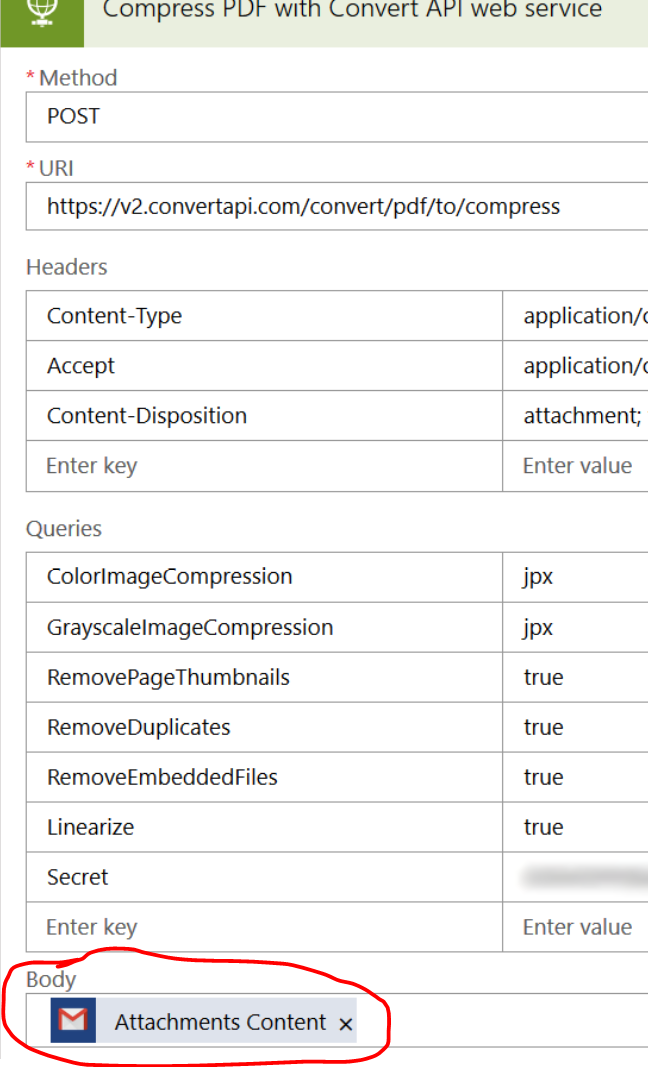Convert Octet Stream To Pdf
.pdf: File category: documents: Description: PDF – is a cross-platform extension, which is necessary for the visualization of printed materials in electronic form. It is developed by Adobe Systems using separate PostScript resources. PDF documents can exist separately from the OS or hardware tools with which they were developed. I have to catch a form post from flash, and convert the octet stream into an image to save on the server. Any help would be greatly appreciated. Below is my code: byte imgBytes = new byteRequest.InputStream.Length; using (BinaryReader br = new BinaryReader(Request.InputStream)) br.Read(imgBytes, 0, imgBytes.Length).
A MIME attachment with the content type 'application/octet-stream' is a binary file. Typically, it will be an application or a document that must be opened in an application, such as a spreadsheet or word processor. If the attachment has a filename extension associated with it, you may be able to tell what kind of file it is. A .exe extension, for example, indicates it is a Windows or DOS program (executable), while a file ending in .doc is probably meant to be opened in Microsoft Word.
No matter what kind of file it is, an application/octet-stream attachment is rarely viewable in an email or web client. If you are using a workstation-based client, such as Thunderbird or Outlook, the application should be able to extract and download the attachment automatically. After downloading an attachment through any of these methods, you must then open the attachment in the appropriate application to view its contents.
Before opening attachments, even from trusted senders, you should follow the guidelines listed in Tips for staying safe online.
In addition to the generic application/octet-stream content type, you may also encounter attachments that have different subtypes (for example, application/postscript, application/x-macbinary, and application-msword). They are similar to application/octet-stream, but apply to specific kinds of files.
Receiving binary data using JavaScript typed arrays

The responseType property of the XMLHttpRequest object can be set to change the expected response type from the server. Possible values are the empty string (default), 'arraybuffer', 'blob', 'document', 'json', and 'text'. The response property will contain the entity body according to responseType, as an ArrayBuffer, Blob, Document, JSON, or string. This is null if the request is not complete or was not successful.
This example reads an image as a binary file and creates an 8-bit unsigned integer array from the raw bytes. Note that this will not decode the image and read the pixels. You will need a png decoding library for that.
You can also read a binary file as a Blob by setting the string 'blob' to the responseType property.
Receiving binary data in older browsers
The load_binary_resource() function shown below loads binary data from the specified URL, returning it to the caller.
The magic happens in line 5, which overrides the MIME type, forcing the browser to treat it as plain text, using a user-defined character set. This tells the browser not to parse it, and to let the bytes pass through unprocessed.
The example above fetches the byte at offset x within the loaded binary data. The valid range for x is from 0 to filestream.length-1.
Convert Octet-stream To Pdf Online

See downloading binary streams with XMLHttpRequest for a detailed explanation. See also downloading files.
Sending binary data
The send method of the XMLHttpRequest has been extended to enable easy transmission of binary data by accepting an ArrayBuffer, Blob, or File object.
The following example creates a text file on-the-fly and uses the POST method to send the 'file' to the server. This example uses plain text, but you can imagine the data being a binary file instead.
Sending typed arrays as binary data
You can send JavaScript typed arrays as binary data as well.
This is building a 512-byte array of 8-bit integers and sending it; you can use any binary data you'd like, of course. En contacto intimo virginia satir pdf.
ArrayBuffer objects using XMLHttpRequest was added to Gecko 9.0 (Firefox 9.0 / Thunderbird 9.0 / SeaMonkey 2.6). Add information about other browsers' support here.Submitting forms and uploading files
Please, read this paragraph.
Firefox-specific examples
This example transmits binary content asynchronously, using the POST method, and Firefox's non-standard sendAsBinary().
Octet Stream Firefox
Line 4 sets the Content-Length header to 741, indicating that the data is 741 bytes long. Obviously you need to change this value based on the actual size of the data being sent.
Octet Stream To Pdf
Line 5 uses the sendAsBinary() method to initiate the request.
sendAsBinary method is considered deprecated as of Gecko 31 (Firefox 31 / Thunderbird 31 / SeaMonkey 2.28) and will be removed soon. The standard send(Blob data) method can be used instead as explained above.Octet-stream How To Open
You can also send binary content by passing an instance of the nsIFileInputStream to send(). In that case, you don't have to set the Content-Length header yourself, as the information is fetched from the stream automatically: